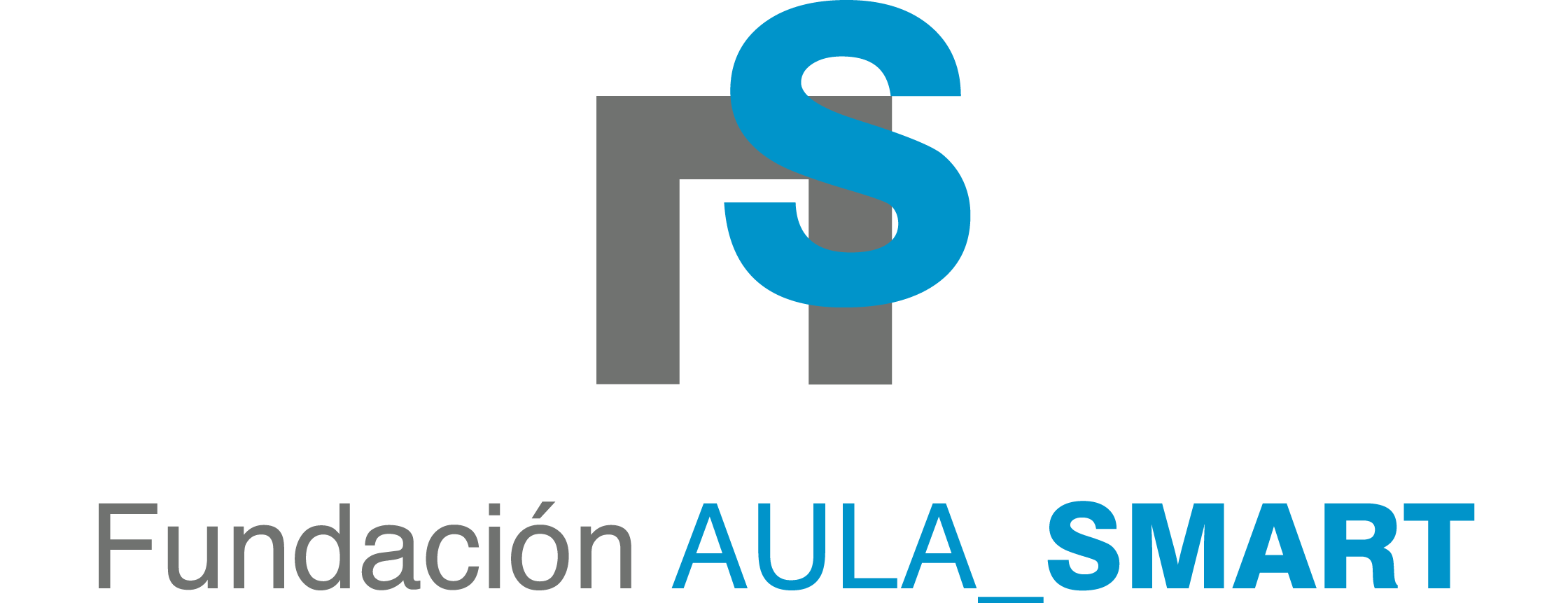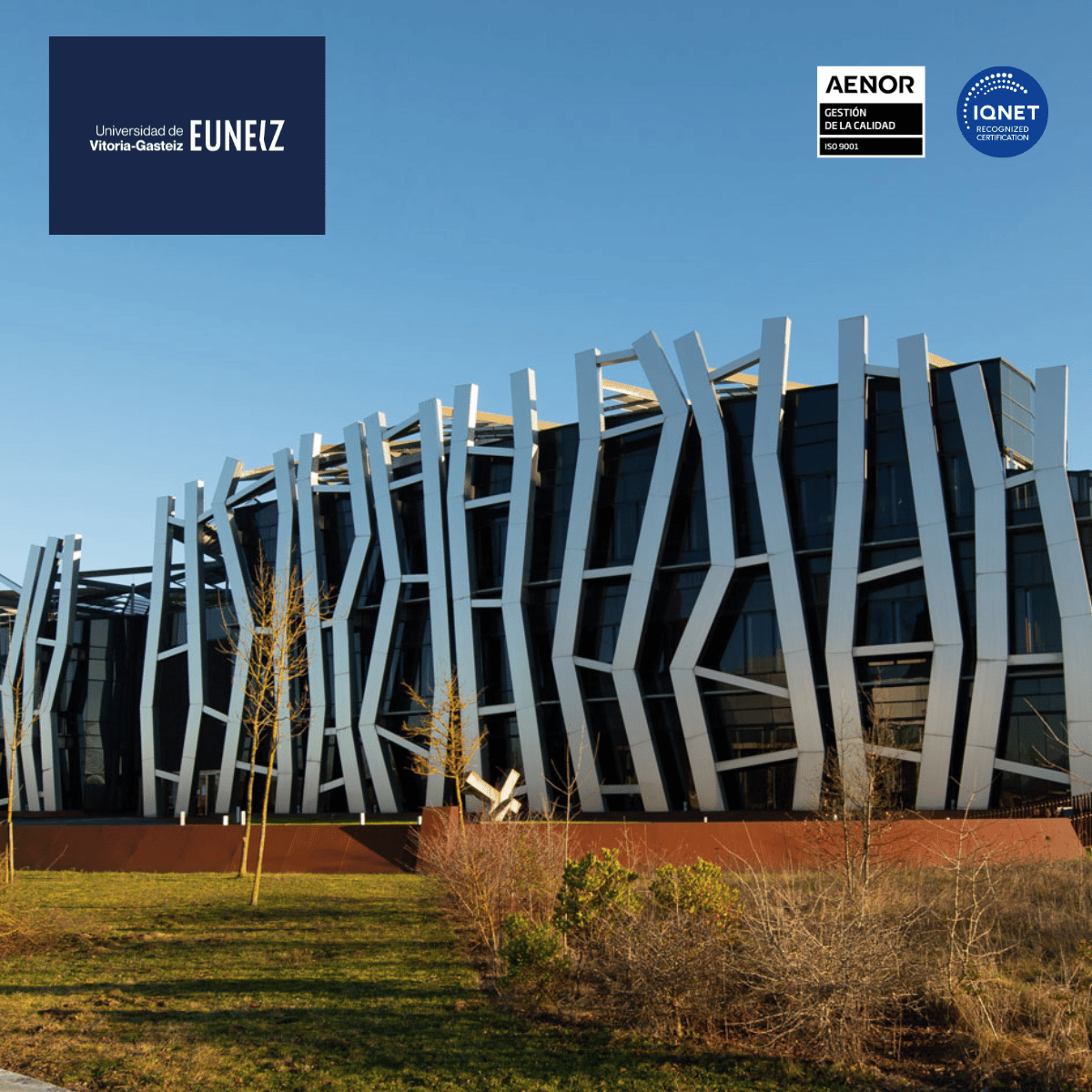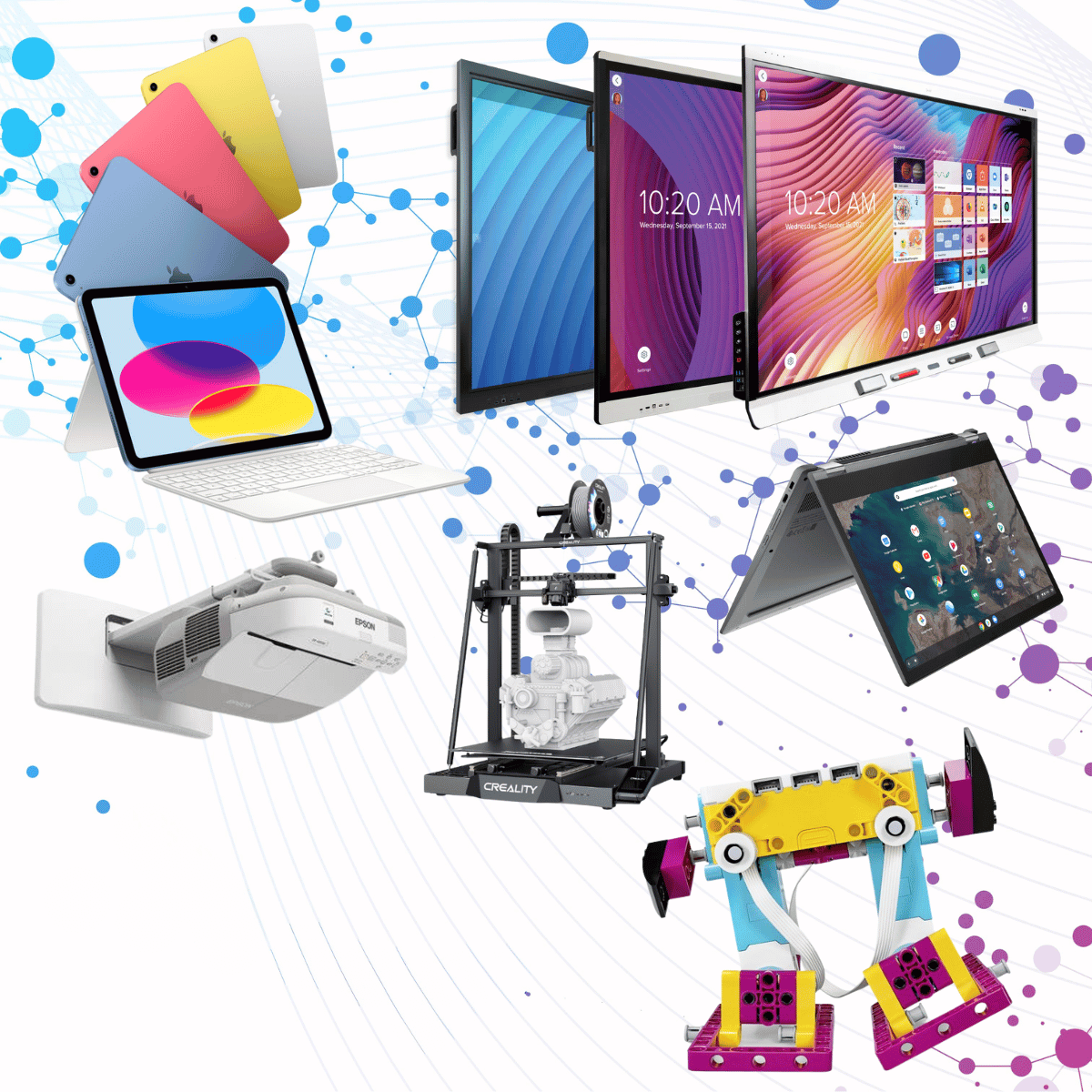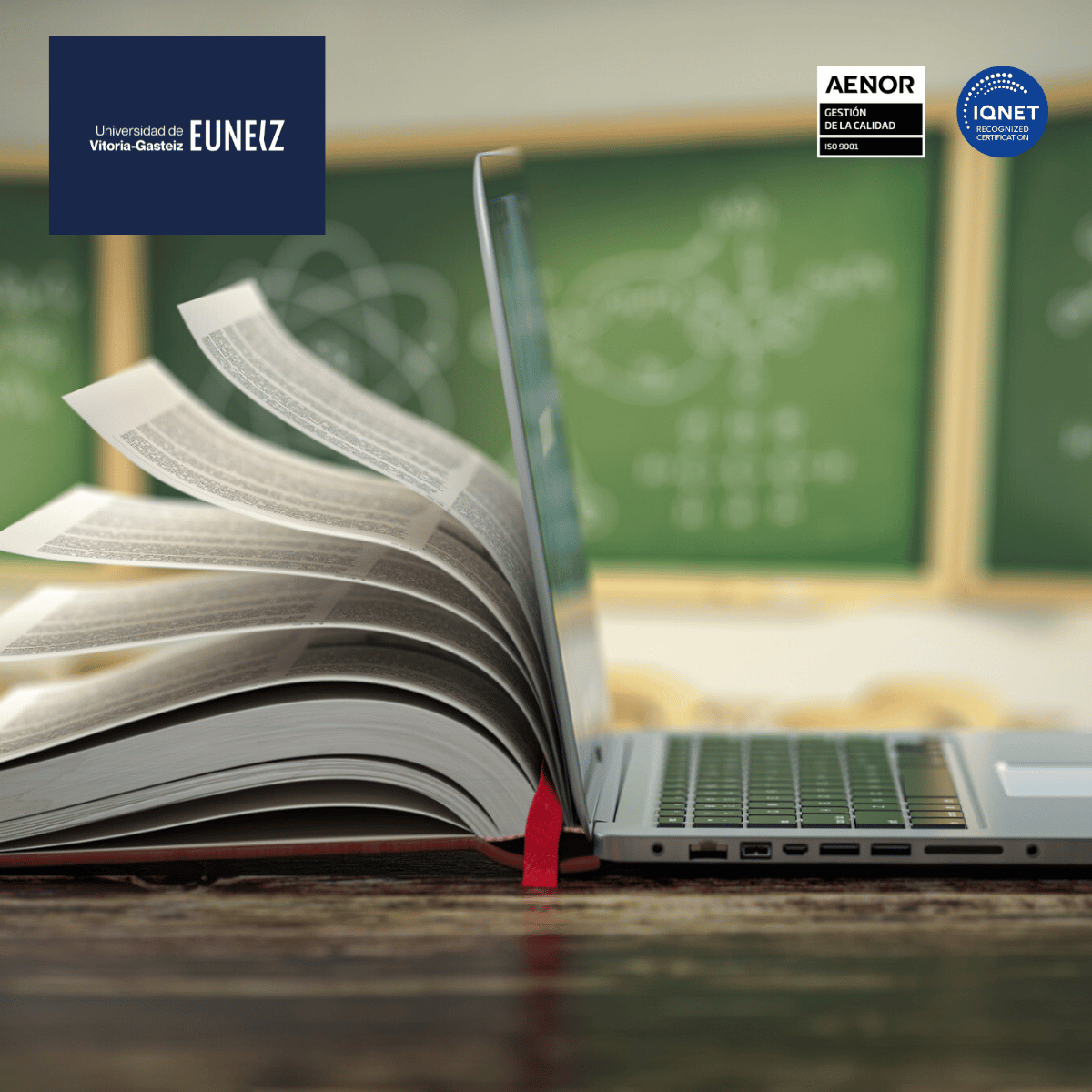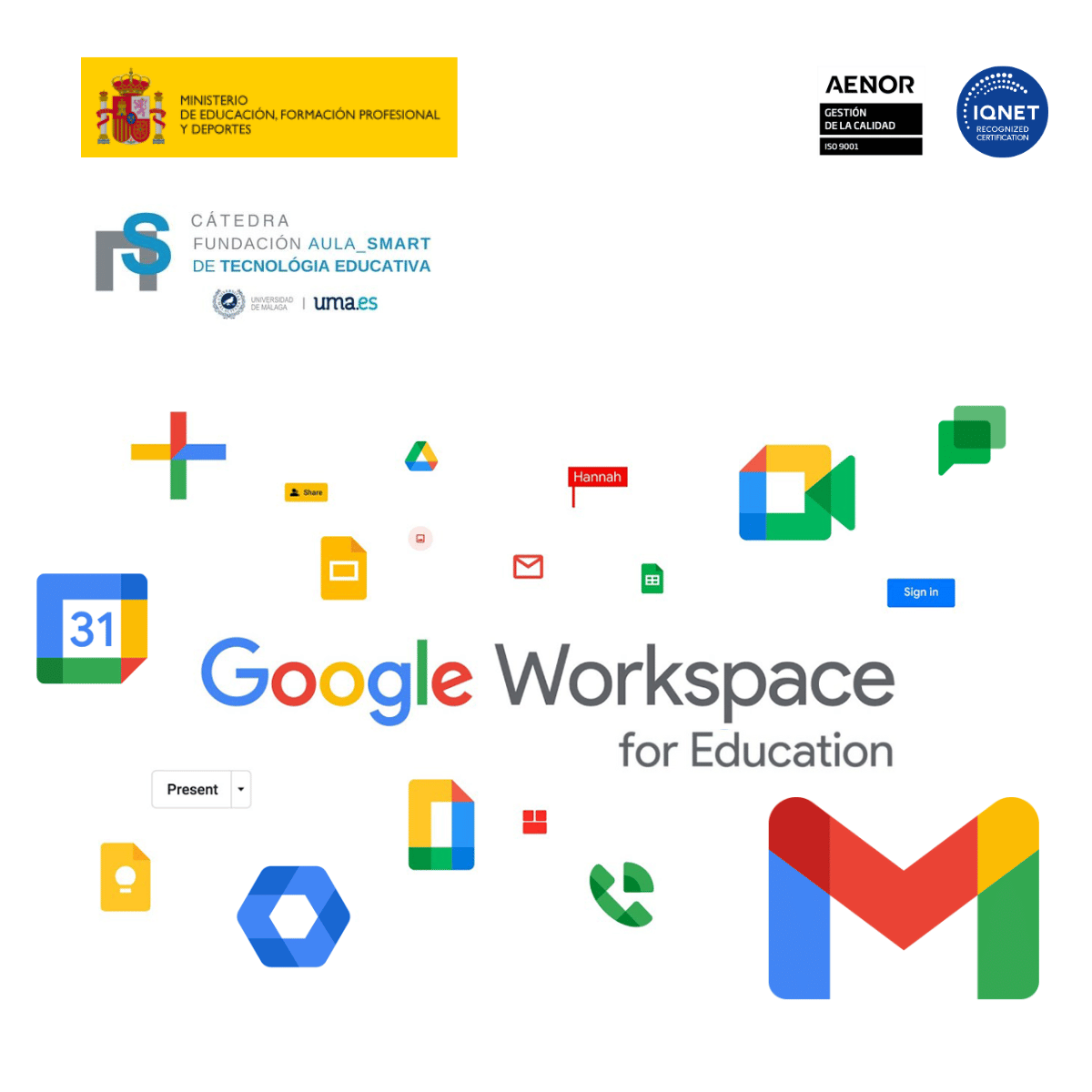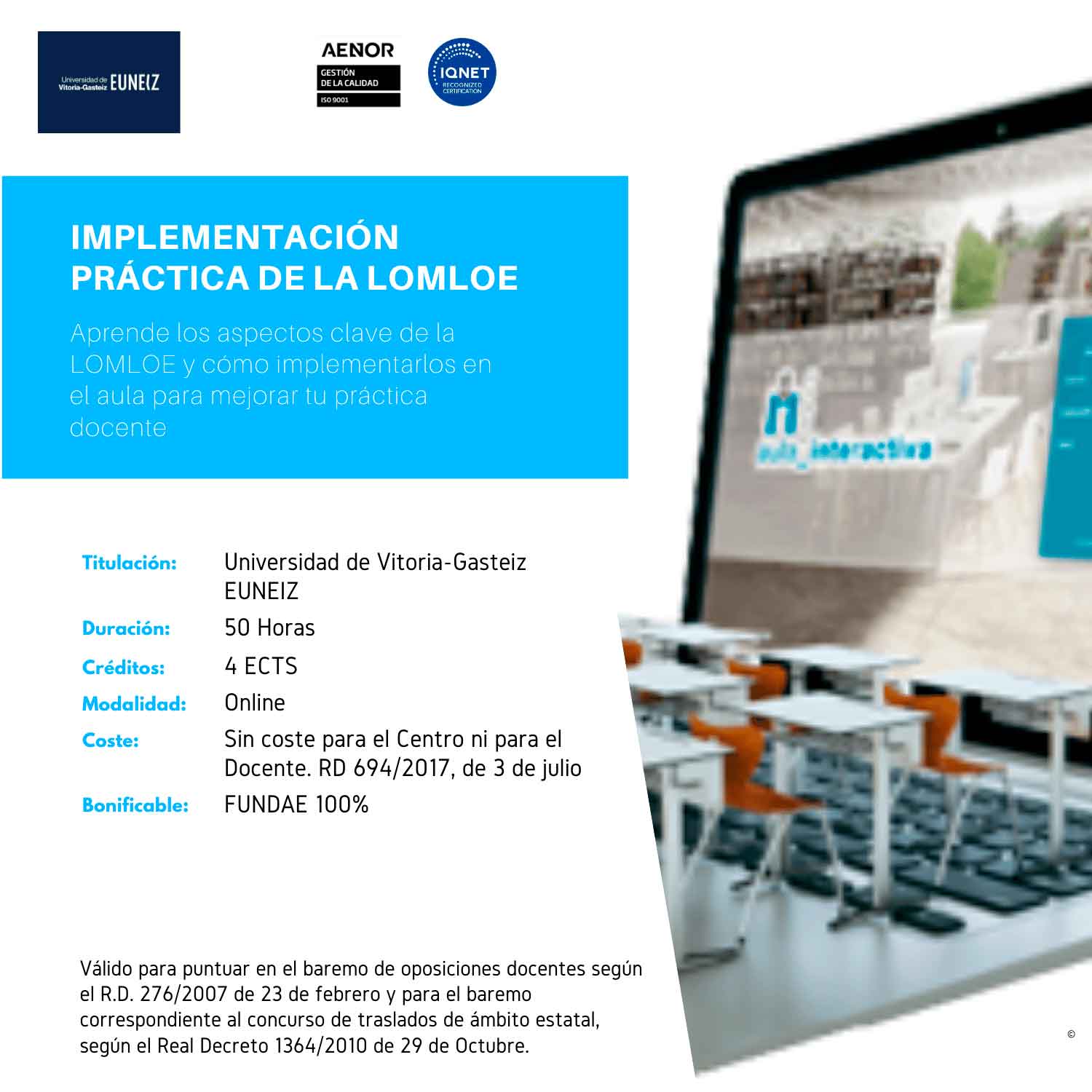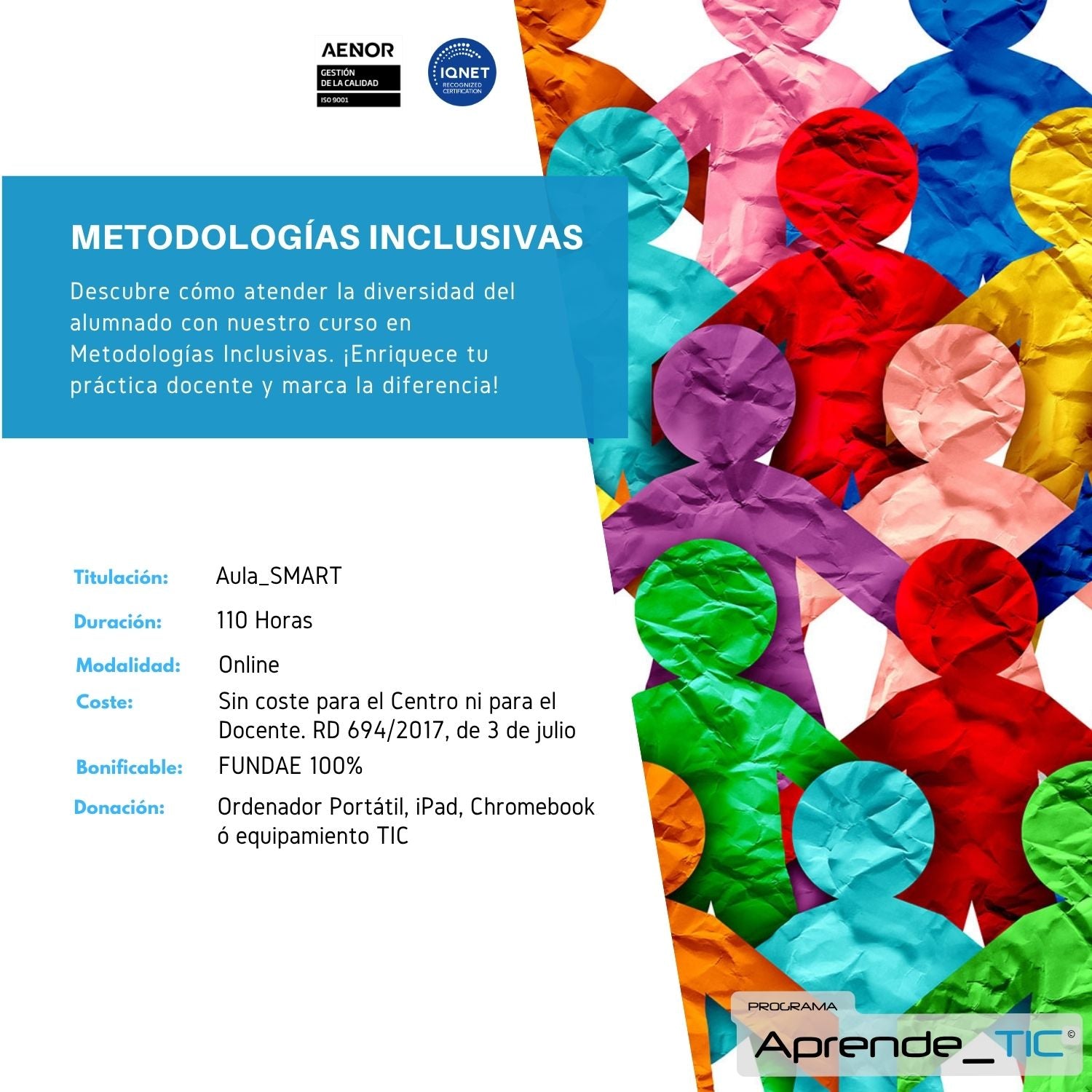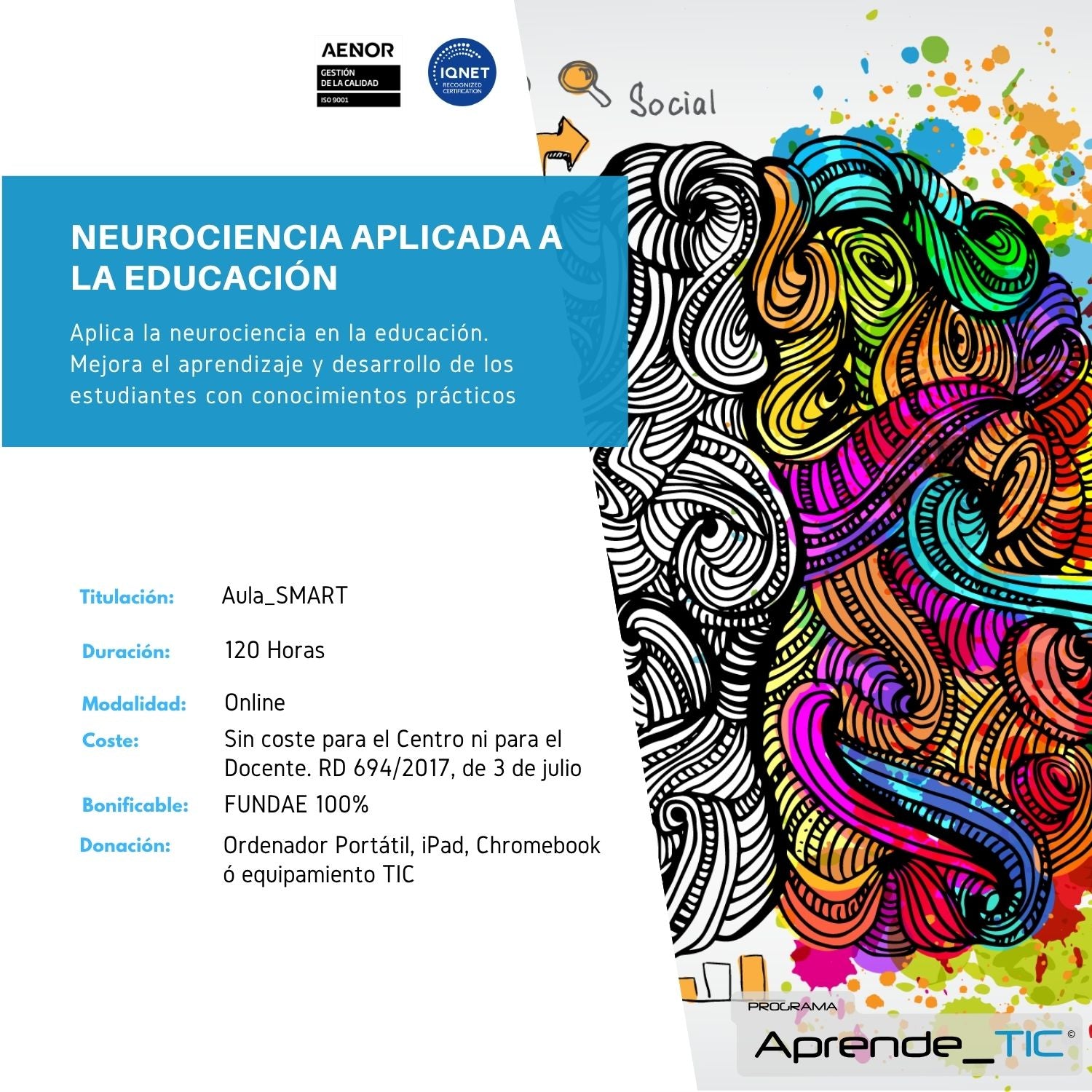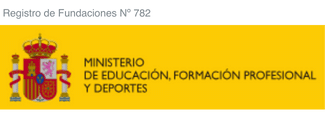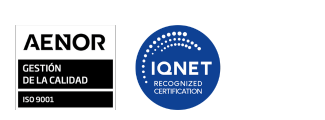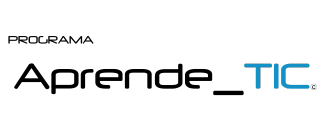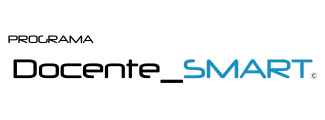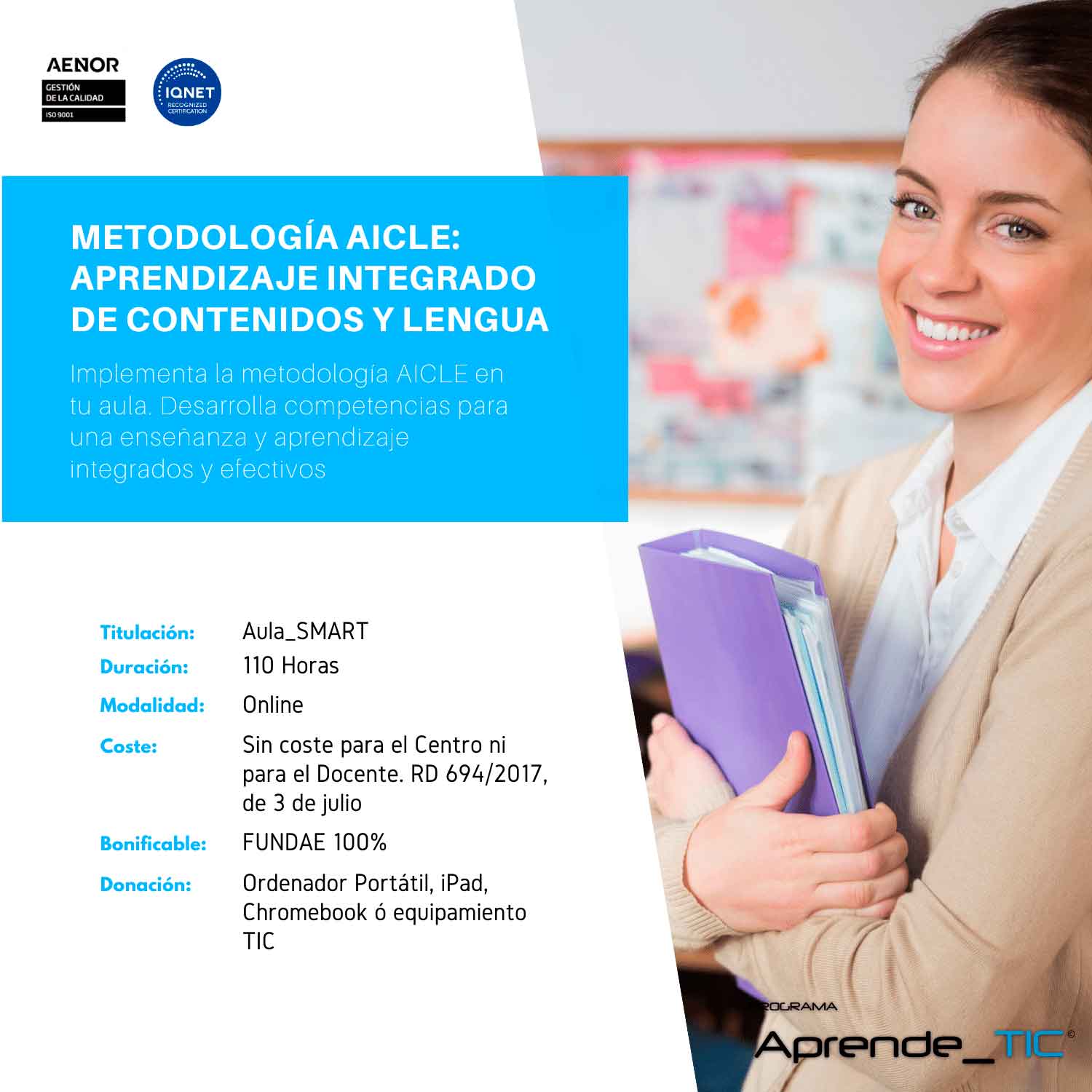
Aula_smart course
AICLE METHODOLOGY: Integrated content and language learning
Revolutionize your teaching with our AICLE METHODOLOGY COURSE: Integrated content and language learning! In alone 110 hours, learn to combine curricular content and foreign language effectively. Sign now and transform your educational method!
Free registration for the teacher and 100% bonus through Fundae for private and concerted centers, as long as you are in the General Social Security regime, RD 694/2017, of July 3. (Sign up through your center)
Course included in the AUGE_TIC AUGES PROGRAM. Every 100 hours of training, the Aula_Smart Foundation donates a laptop, iPad, Chromebook or other ICT equipment. (Valid for all teachers of private, concerted and public centers)
Date start courses
All communities
- January 22, 2025 to March 17, 2025
- February 12, 2025 to April 7, 2025
- March 5, 2025 to April 28, 2025
- April 2, 2025 to May 20, 2025
- May 7, 2025 to June 26, 2025
- June 4, 2025 to July 24, 2025
- July 2, 2025 to August 7, 2025
Catalonia
- January 22, 2025 to April 9, 2025
- February 12, 2025 to May 5, 2025
- March 5, 2025 to May 23, 2025
- April 2, 2025 to June 13, 2025
- May 7, 2025 to July 22, 2025
Degree: Aula_smart
Duration: 110 hours
Modality: Online
Place: Cabeula_interactive Campus
Cost: No cost to the center or the teacher. RD 694/2017, of July 3
Fundae: 100% bonus
FA_S donation: laptop, iPad, Chromebook or ICT equipment every 100 hours of training
(*) No cost to the center or the teacher according to RD 694/2017, of July 3.
(**) For students who are not going to take the course through their center


AICLE METHODOLOGY: Integrated content and language learning
Goals
The AICLE methodology course aims to provide participants with a deep understanding of the AICLE methodology and its classroom application. The specific objectives of the course are:
• Know the term AICLE/CLIL: Participants will learn about the term AICLE/CLIL, its meaning and the origin of the methodology. This knowledge is essential to understand how and why this methodology was developed.
• Analyze the advantages and challenges of the AICLE methodology: the advantages and challenges presented by the AICLE methodology for all the elements involved: teachers, educational centers, parents and students will be analyzed. This analysis will allow participants to better understand how to implement the methodology in their specific context.
• Assess the different solutions to the inconveniences that AICLE may present: different solutions will be discussed and assessed to the possible inconveniences that the AICLE methodology may present. This will allow participants to be prepared to face and overcome these challenges.
• Understand the reasons why it is important, according to the EU, to develop linguistic competence in at least three languages: the importance of developing linguistic competences in at least three languages will be explained, according to the guidelines of the European Union. This objective underlines the relevance of language teaching in the current educational context.
• Recognize the importance of learning foreign languages in this era of globalization: the importance of learning foreign languages in the era of globalization will be highlighted. Participants will understand how the domain of several languages can open new opportunities and perspectives in an increasingly interconnected world.
• Analyze the characteristics of the AICLE methodology and its application to our own experience: the specific characteristics of the AICLE methodology and how they can be applied to the personal experience of each participant will be analyzed. This analysis will allow participants to adapt the methodology to their specific needs and contexts.
• Differentiate the various methods of teaching foreign languages: several foreign language teaching methods will be presented and differentiated, from traditional methods to the AICLE method. This objective will provide participants with an overview of the different options available for language teaching.
• Recognize the different psychopedagogical theories that support Aicle: the different psychopedagogical theories that support the AICLE methodology will be presented. This knowledge will allow participants to understand the theoretical foundations of the methodology.
• Learn the need for interdisciplinary and cooperative work between language and content teachers: the need for interdisciplinary and cooperative work between language and content teachers will be highlighted. This objective underlines the importance of collaboration and coordination in the implementation of the AICLE methodology.
• Detect the needs of teachers to become teachers AICLE: The specific needs of teachers will be discussed to become AICLE teachers. This objective will help participants identify the skills and knowledge necessary to successfully implement the AICLE methodology.
• Recognize and analyze the necessary skills of the teacher AÍCLE: the necessary skills will be recognized and analyzed to be an effective Aicle teacher. This objective will allow participants to understand what skills they should develop or improve to successfully implement the AICLE methodology.
• Understand the importance of planning in the AICLE methodology and to meet its basic principles: the importance of planning in the AICLE methodology and the need to meet its basic principles will be emphasized. This objective underlines the importance of careful planning and considered in the implementation of the AICLE methodology.
• Differentiate the different options for the application of the methodology: the different options for the application of the AICLE methodology will be presented and differentiated. This objective will provide participants with an overview of the different ways in which they can implement the methodology in their classrooms.
• Analyze the different steps for the development of the methodology: the different steps necessary for the development of the AICLE methodology will be analyzed. This objective will allow participants to understand the process of implementation of the methodology in a detailed and systematic way.
• Assess the different learning modes in a constructive and positive way: the different learning modes will be assessed in a constructive and positive way. This objective will allow participants to understand and appreciate the diversity of learning styles and how they can be treated through the AICLE methodology.
• Recognize and analyze the different forms of evaluation: the different forms of evaluation will be recognized and analyzed, including different instruments and techniques. This objective will provide participants with a deep understanding of how to effectively evaluate language and content through the AICLE methodology.
• Manage and know ICT tools and application resources in the classroom: different ICT tools and resources that can be used in the classroom will be presented to raise students awareness of the importance of language learning. This objective will allow participants to effectively integrate technology into their language and content teaching.
These objectives are designed to provide participants with a solid basis in the AICLE methodology and prepare them to implement it effectively in their own classrooms.

AICLE METHODOLOGY: Integrated content and language learning
What prepares you
The AICLE methodology course (integrated content and language learning) can open several professional outputs:
• AICLE TEACHER: With the training in the AICLE methodology, you can become a teacher AICLE in your educational center, teaching both the content of the curriculum and a foreign language in an integrated way.
• AICLE COORDINATOR: In some centers, there may be an AICLE coordinator position, which supervises the implementation of the AICLE methodology throughout the center.
• Teacher Trainer: With a solid understanding of the AICLE methodology, you can work forming other teachers in this methodology.
• AICLE DIDACTIC MATERIAL DEVELOPER: The creation of appropriate teaching materials for AICLE teaching is a growing field. With AICLE training, you can work by developing these materials.
• Educational Consultant: The skills and knowledge acquired in this course can be useful for working as an educational consultant, advising schools on the implementation of the AICLE methodology.
• Researcher in Education: If you have interest in research, the AICLE methodology is a rich area for academic research.
It is important to keep in mind that professional exits can vary depending on other factors such as your previous training, your experience, the educational context in which you are, among others. However, training in the AICLE methodology can be a great asset in the field of education.

AICLE METHODOLOGY: Integrated content and language learning
Who is it addressed
This AICLE methodology course (integrated content and language learning) is aimed at:
• Teachers of all educational levels: from early childhood education to secondary and higher education, any teacher interested in implementing the AICLE methodology in their classroom can benefit from this course.
• Teaching and pedagogy students: students who are training to be future teachers and who wish to know and apply new teaching methodologies can find this very useful course.
• Education professionals: centers directors, pedagogical coordinators, counselors and other education professionals who are interested in the AICLE methodology can benefit from this course.
• Foreign languages: teachers who teach foreign languages and who wish to integrate the content of the curriculum in their teaching can find this especially relevant course.
• Teachers of non -linguistic areas: teachers of non -linguistic subjects who wish to integrate language teaching in their field can also benefit from this course.
In summary, this course can be very useful for anyone involved in education that is interested in innovative teaching and learning methodologies.

AICLE METHODOLOGY: Integrated content and language learning
Methodology
The course methodology is based on 100%online learning, through the Aula_Smart virtual campus, an innovative and easy -to -use platform, which will allow you to access all the contents and resources of the course from anywhere and device. The course has a highly specialized teaching team, formed by education professionals with extensive experience and training in the analysis of teaching skills. They will accompany you and guide you throughout the learning process, through personalized tutorials, chat, email and even videoconference. The teaching method is totally multidisciplinary, since it combines different pedagogical approaches and strategies, such as:
- Theoretical contents, where the fundamental concepts and principles of the analysis of the teaching skills will be presented, as well as the normative and reference frameworks that regulate them.
- Practical contents, where theoretical knowledge will be applied to real or simulated cases of educational practice, using tools and methodologies to evaluate and develop teaching skills.
- Self -assessment activities, where you will reflect on the teaching performance itself and on the areas of strength and improvement, as well as on the strategies to enhance them.
- Collaborative learning activities, where the exchange of experiences, opinions and proposals through forums will be promoted.
In this way, the course methodology offers you dynamic, participatory and adapted training to your needs and interests, which prepares you to be a competent and effective teacher, capable of adapting to the demands and challenges of current education.
AICLE METHODOLOGY: Integrated content and language learning
Syllabus
Download the agenda in .pdf format
Topic 1
1.1 Introduction
1.2 DEFINITION AND OBJECTIVES
1.3 Advantages and Challenges
1.3.1 Advantages
1.3.2 Challenges
1.4 Origin and justification AICLE
1.5 AICLE IN THE SPANISH EDUCATIONAL SYSTEM
1.6 Summary
Topic 2
2.1 Introduction
2.2 Traditional methods
2.2.1 Classic methods
2.2.2 Structuralism
2.2.3 The communicative approach
2.2.4 Humanistic methods
2.3 Psychopedagogical theories that support the AICLE methodology
2.3.1 The near development zone (ZDP) and the scaffolding
2.3.2 Bloom taxonomy applied to the Aicle Methodology
2.4 role of the teacher, the parents and the center
2.4.1 Professor's role
2.4.2 Parents against Aicle
2.4.3 The center
2.5 Summary
Topic 3
3.1 Introduction
3.2 Before AICLE teaching: Planning
3.2.1 The “4 CS” as an instrument for planning didactic units
3.2.2 The "3 AS" as the session planning instrument
3.2.3 Factors to take into account in planning
3.3 How to combine content and language
3.4 AICLE APPROACHES AND DEVELOPMENT
3.4.1 Task approach
3.4.2 Project focus
3.4.3 AICLE DEVELOPMENT
3.4.4 Considerations for interactive development
3.5 Attention to diversity
3.6 Summary
Topic 4
4.1 Introduction
4.2 Orientations
4.3 AICLE sequence examples
4.3.1 Knowledge of the medium
4.3.2 Artistic education
4.3.3 Physical education
4.3.4 Music
4.4 Summary
Topic 5
5.1 Introduction
5.2 AICLE evaluation
5.2.1 Evaluation stages
5.2.2 Evaluation modes
5.2.3 Evaluation with AICLE
5.2.4 AICLE EVALUATION INSTRUMENTS
5.2.4.1 Observation
5.2.4.2 Self -assessment sheets
5.2.4.3 Student progress tables
5.2.4.4 rubrics
5.2.4.5 Portfolios
5.2.4.6 Test and exams
5.2.5 Evaluation of key competencies in AICLE
5.3 Summary
Topic 6
6.1 Introduction
6.2 Enter class language
6.3 videos and podcast
6.4 Portals for all subjects
6.4.1 Portals for Sciences
6.4.2 Portals for Physical Education
6.4.3 Portals for History and Geography
6.5 ICT applications
6.6 Websites
6.7 Summary
AICLE METHODOLOGY: Integrated content and language learning
Do you have any questions about this course?
You can send us your consultation by filling out this form or in the following ways:
- Through the phone (+34) 951 411 800
- Through email
comunicacion@fundacionaulasmart.org
Related courses
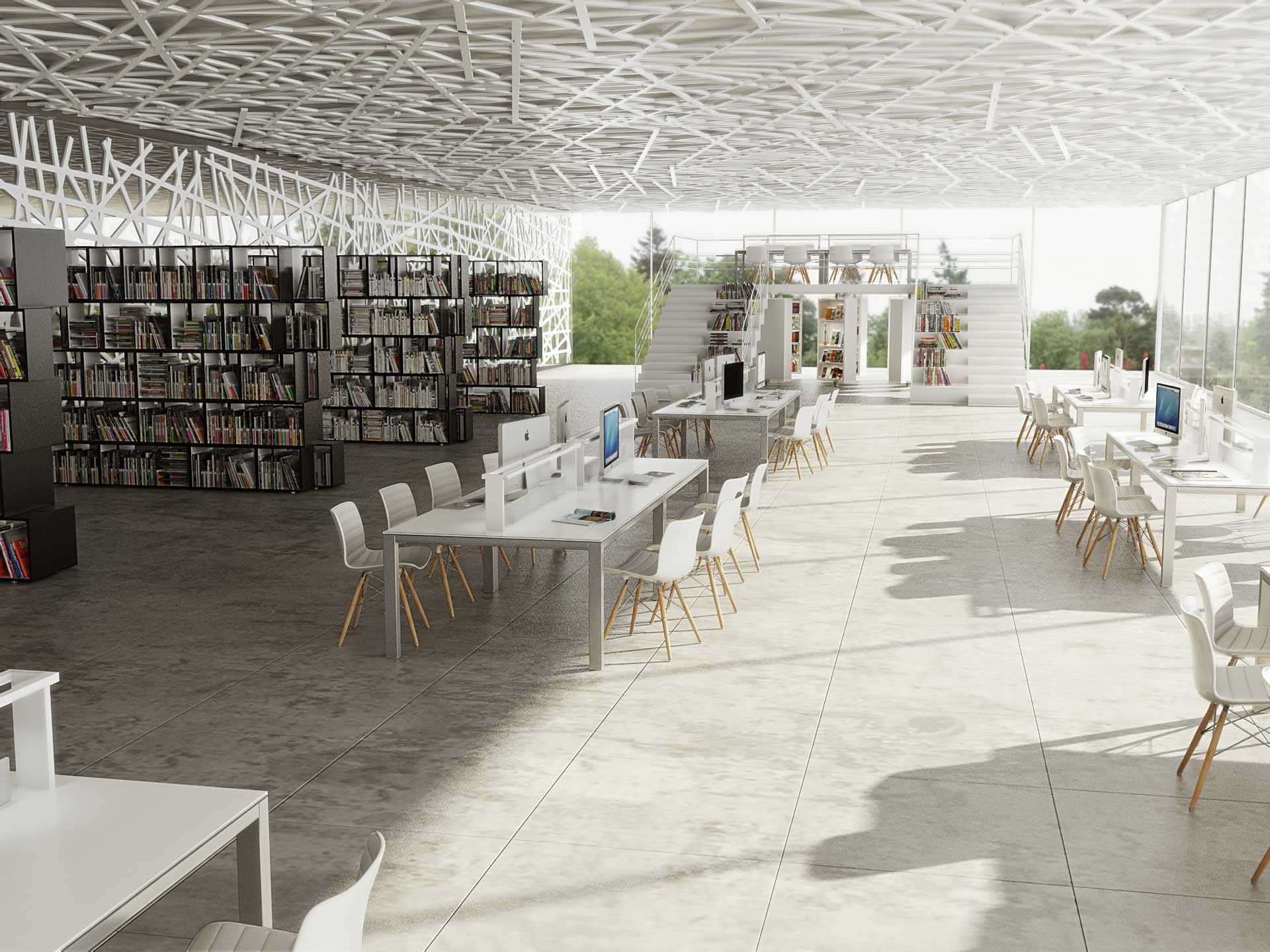
Aula_SMart® Foundation
From the Aula_Smart® Foundation we work to develop and incorporate
New technologies to the education sector.
Contact us
Do you have any questions?
You can also send us your consultation in the following ways:
- Through the phone (+34) 951 411 800
- Through email
comunicacion@fundacionaulasmart.org
AULA_SMART ® Foundation
C/ Palma del Río, 19 - Melior Building, 29004, Málaga
Telephone: +34 951 411 800
E-mail: comunicacion@fundacionaulasmart.org
Website: www.fundacionaulasMart.org
